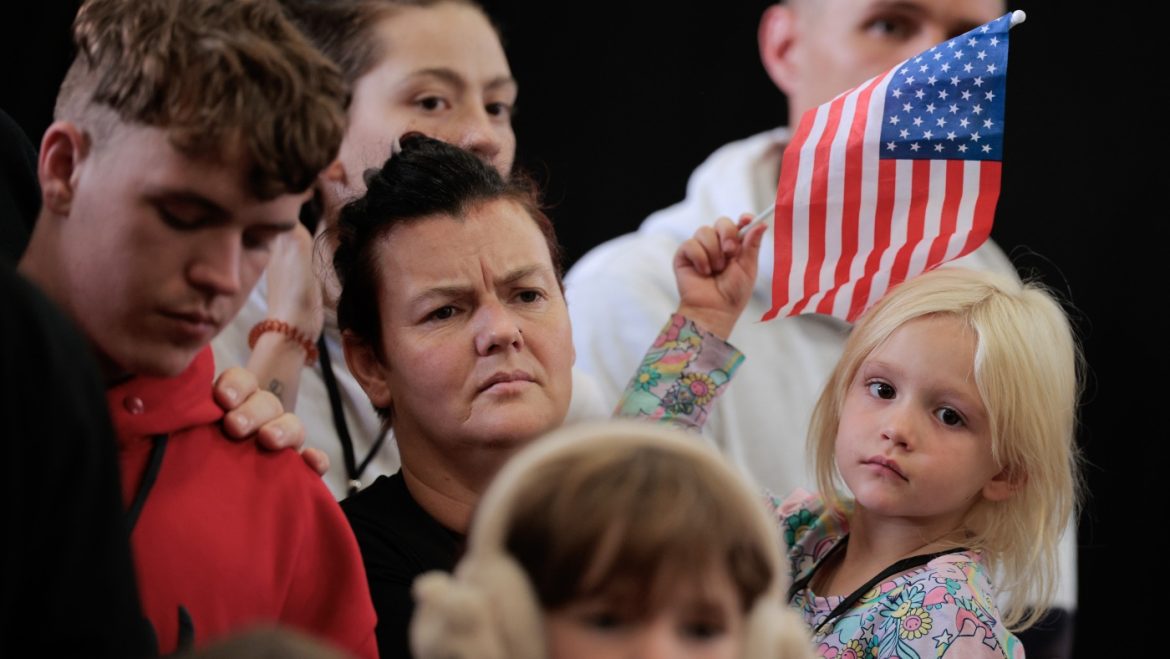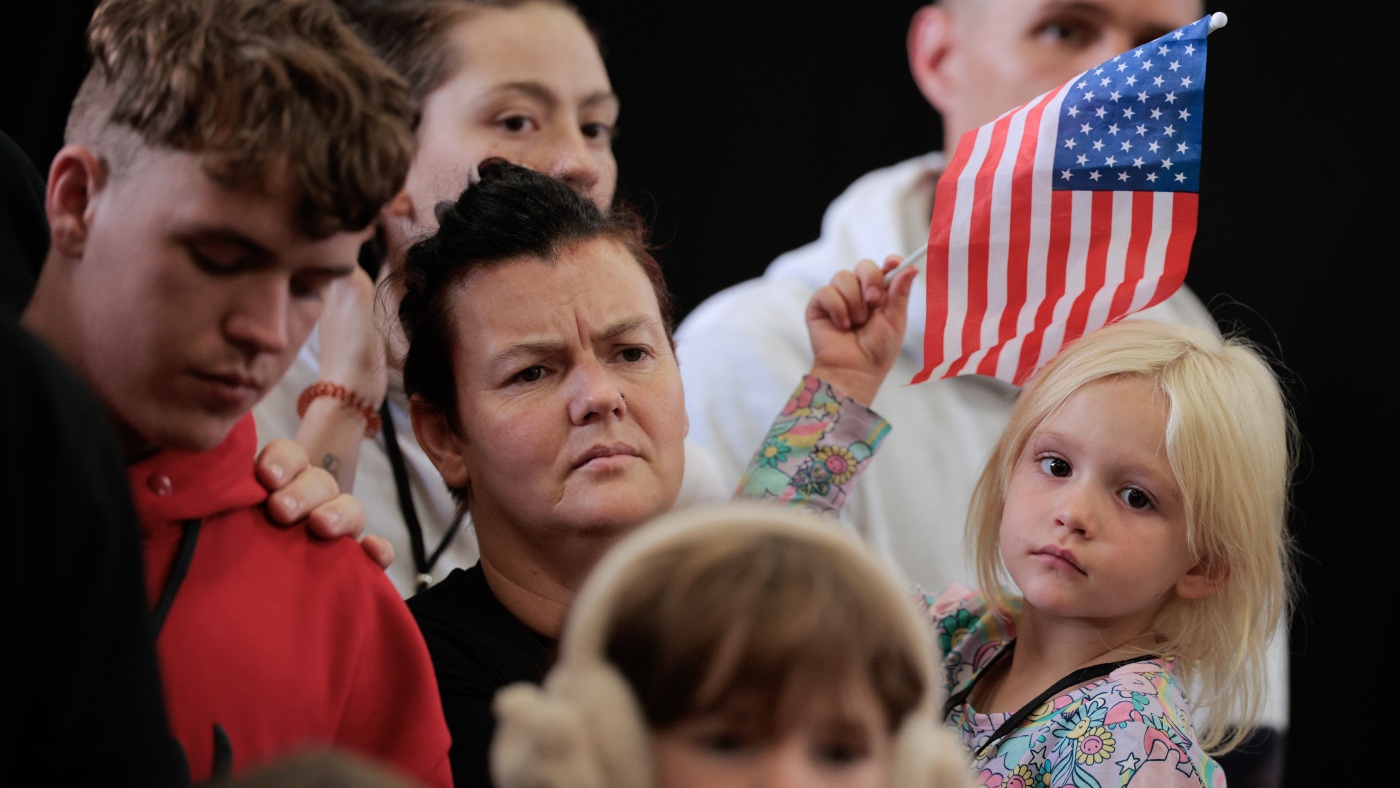Introduction
The arrival of 59 Afrikaners in the United States under a radically reshaped refugee program marks a significant and controversial shift in U.S. immigration policy. This unprecedented move, initiated by an executive order from President Trump, has sparked intense debate and scrutiny. The Afrikaners, descendants of mainly Dutch colonists, were swiftly processed and granted refugee status, a process that typically takes years. This report delves into the details of this extraordinary event, examining the background, the process, and the implications of this policy change.
Background: The Afrikaners and U.S. Refugee Policy
Who Are the Afrikaners?
The Afrikaners are a distinct ethnic group in South Africa, primarily descended from Dutch settlers who arrived in the 17th century. They have a rich cultural heritage and have played a significant role in South African history. However, their status in contemporary South Africa is complex, with some claiming to face discrimination due to policies related to land expropriation and affirmative action.
U.S. Refugee Policy Under Trump
The Trump administration has been known for its restrictive immigration policies, including significant cuts to the refugee admissions program. The U.S. refugee resettlement program, which typically involves extensive vetting and processing, has been largely on hold. This makes the expedited process for the Afrikaners even more unusual.
The Executive Order and Expedited Process
The Executive Order
In February 2020, President Trump signed an executive order that allowed white South Africans, specifically Afrikaners, to apply for refugee status in the U.S. This order cited concerns over racial discrimination and potential “genocide” faced by the Afrikaners in South Africa. The order directed U.S. officials to prioritize the resettlement of these individuals, even as the broader refugee program remained largely suspended.
Expedited Reviews and Charter Flights
The 59 Afrikaners underwent expedited reviews that took months, a process that is typically much longer. They were brought to the U.S. on a government-chartered flight, an unconventional step for the refugee resettlement program. Upon arrival at Dulles International Airport, they were greeted by federal officials, another unusual occurrence. This swift and high-profile welcome stands in stark contrast to the usual refugee resettlement process, which can take years and is often marked by lengthy vetting and bureaucratic hurdles.
Implications and Controversies
Political and Public Reaction
The decision to grant refugee status to the Afrikaners has been met with mixed reactions. Critics argue that the move is politically motivated and contradicts the administration’s broader stance on immigration. Democrats and some human rights groups have expressed concern that this selective approach to refugee admissions undermines the principles of fairness and equality.
Humanitarian and Ethical Considerations
From a humanitarian perspective, the situation of the Afrikaners is complex. While some argue that they face genuine threats, others question the validity of these claims. The South African government has denied that Afrikaners are being persecuted, adding to the confusion and controversy surrounding the issue.
Policy Consistency and Fairness
The expedited process for the Afrikaners raises questions about the consistency and fairness of U.S. refugee policy. If the U.S. is willing to expedite the process for one group, why not for others facing similar or even more dire circumstances? This selective approach has led to accusations of favoritism and has sparked debates about the criteria used for granting refugee status.
Conclusion: A Complex and Divisive Move
The arrival of the first group of Afrikaners in the U.S. under a radically reshaped refugee program is a complex and divisive move. While it offers a lifeline to those who claim to be facing persecution, it also raises significant questions about the fairness and consistency of U.S. immigration policy. As the debate continues, it is clear that this decision will have far-reaching implications for both the Afrikaners and the broader refugee community. The U.S. must navigate these challenges carefully, ensuring that its policies reflect its commitment to humanitarian principles and fairness.


